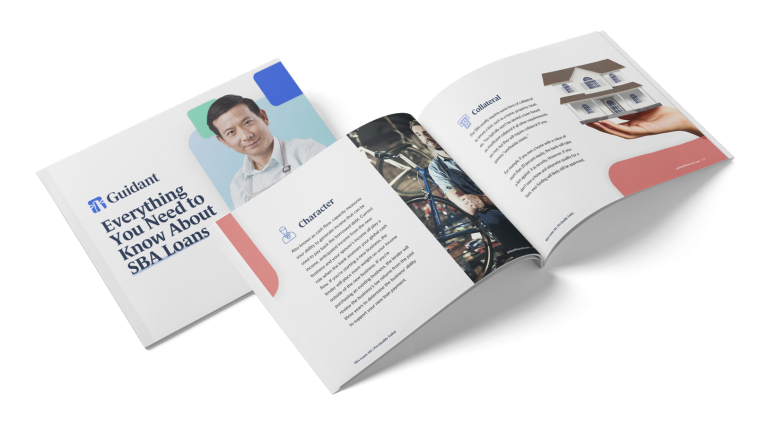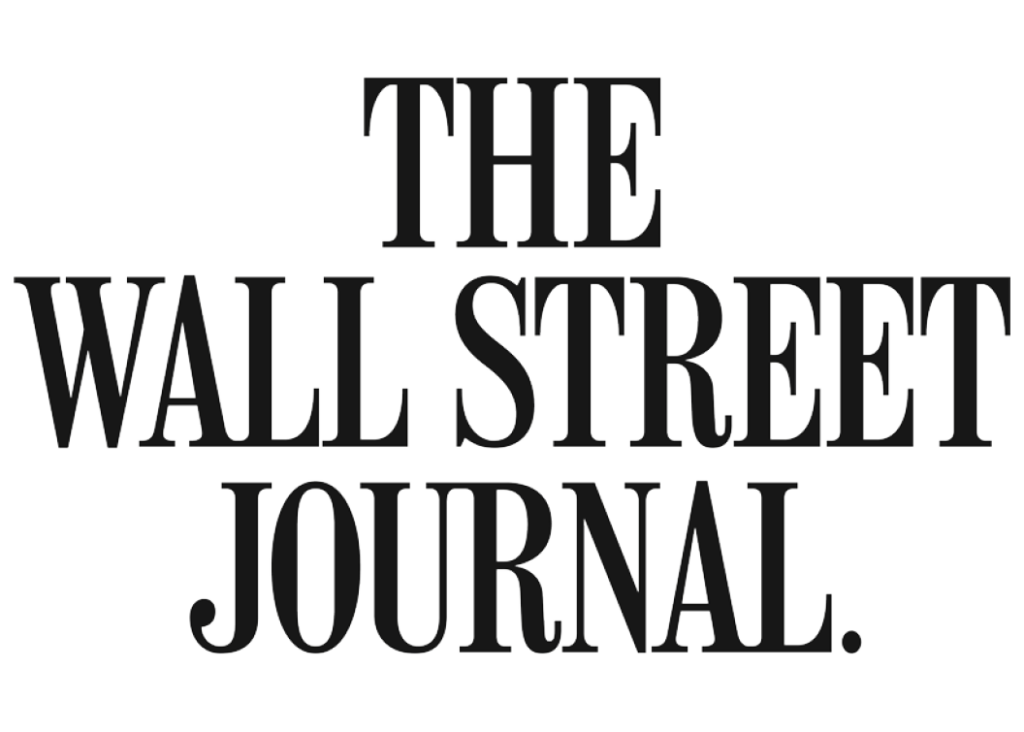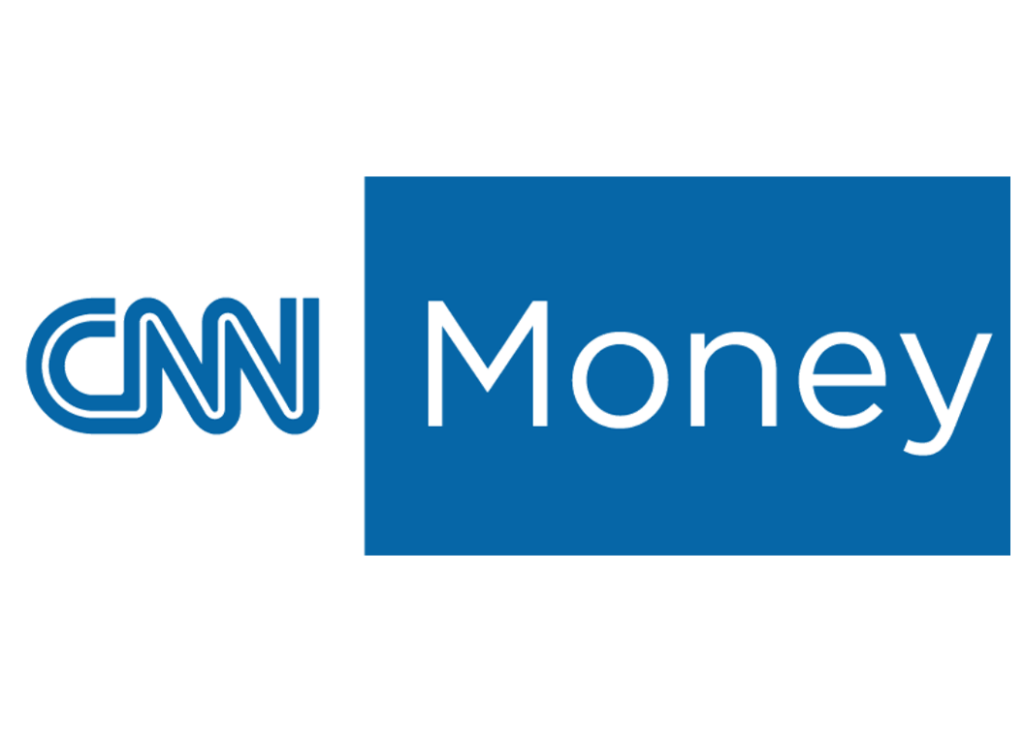How to Qualify for an SBA Loan
The first step in becoming well-qualified borrower when applying for an SBA loan is understanding all of the eligibility requirements. Even though SBA lenders have strict requirements that need to be met, there are actions you can take as a borrower that make it more likely you’ll be approved for a loan.
The 5 C’s of SBA Loan Eligibility
Qualifying for SBA lending is no easy task whether you’re applying for an SBA 7(a) loan or Low-Doc loan. There are some elements of your application, in particular, that lenders will always review with a critical eye when determining your eligibility. These elements are referred to as the ‘5 C’s.’ Save yourself time and frustration by make sure you’re a well-qualified candidate in these five areas before applying for an SBA loan.
Capital
As we’ve discussed in Chapter 1, having a large enough down payment is a crucial piece of being approved for an SBA loan. This down payment is also known as your ‘equity injection’ or the amount of capital you’re able to invest in the business. Having enough capital on-hand is important because banks aren’t willing to cover 100 percent of your project cost. They’re reassured by knowing that you have a large personal stake in the success of the business. How much you’ll be required to put down varies by both your type of SBA funding and your business. For SBA 7(a) loans, banks often prefer to see 30 percent down for a new business and 20 percent down for existing businesses and franchises.
Credit
Just as it does when you apply for any kind of financing, your credit score and credit history play a role in whether or not you’re approved for SBA lending. Most banks will look at both your personal and business FICO score. A 680 personal score and 160 business score are typically the minimum requirements for loan approval. Credit events such as recent bankruptcy can have a significant negative impact on your attractiveness as a borrower.
Capacity
‘Capacity’ is your business’s ability to generate income (or cash flow) to repay the borrowed debt. Your income, your spouse’s income, and current or anticipated income generated by the business will all contribute to the lender’s confidence in your ability to make your monthly payments. Not surprisingly, if you’re funding a new business, banks will put more weight on your outside income sources. If you’re purchasing an existing business, they’ll take a closer look at the business’s tax returns and recent financials.
Character
Lenders look at both your personal and business character when evaluating your strength as a borrower. Most importantly, your business experience — especially in the industry of the business you’re hoping to fund — will play a factor in the eyes of lenders. However, you’re also required to provide information about events in your personal history, which speak to your personal character such as details about child support payments, criminal convictions and recent arrests.
Collateral
Your personal property may be used as collateral to secure your loan. For example, the bank may take a lien against your boat or home to use as security if the loan goes into default. However, unlike the other eligibility requirements, it’s possible you may not be denied a loan if you don’t have enough collateral to secure it — as along as all other requirements are met.
Requirements of an SBA Loan
Beyond meeting the requirements of the 5 C’s and presenting yourself as a well-qualified borrower, there are additional factors that play a role in loan approval:
Down Payment (By Business Type):
While a down payment is required for every SBA loan, the amount can vary greatly by which type of business you’re funding. For new businesses or start-ups, banks like to see a larger down payment of about 30 percent. Lenders consider start-ups more risky because there’s no business history to prove its profitability. If you’re acquiring an existing business or franchise, which banks may see as less risky, you may have a smaller (yet still significant) down payment requirement of around 20 percent.
Personal Guarantee:
Before final loan approval, most banks will require you to sign a personal guarantee. This guarantee is a promise that if the business can’t pay the loan, you will then be personally responsible for payments. This guarantee is binding regardless of entity type, even if your business is structured as an LLC, you will need the personal guarantee.
Life Insurance
Most SBA lenders will require that you have a life insurance policy before they approve your loan. This is to ensure that the loan will be paid even in the event of an untimely death.
Read more about getting life insurance for your sba loan here.
Owner Guarantee:
A personal guarantee is required from all owners with 20 percent or more ownership. For married couples, each spouse with a five percent or greater owner interest must personally guarantee the loan if the combined interest between the two spouses is 20 percent or more.
Writing a Business Plan:
One extremely important aspect of any SBA loan package is the written business plan. Your business plan, which covers 10 essential elements of your business, gives lenders insight into your overall business structure as well as revenue projections and market position. If you are funding a start-up, you should have detailed insights and research into the current market and well thought-out financial projections. If you’re acquiring an existing business, your plan should speak to the last five years of performance and how you plan to adjust for any shortcomings.
Debt Service Coverage Ratio:
As described in their credit standards, for all loans over $350,000, the SBA requires a Debt Service Credit Ratio of 1.15 or greater. Though some banks take slightly varied approaches, the SBA calculates DSCR as Operating Cash Flow/Debt Service. This is calculated on a historical basis for existing businesses and projected for start-up businesses.
Citizenship Requirements:
In order to be approved for SBA lending, at least 51 percent of the business must be owned by a U.S. Citizen (or citizens) or Green Card holder. The SBA will approve funding for businesses with foreign investors, but the maximum is 49 percent ownership for non-citizens.
Franchise Directory:
Aspiring franchise owners may seek financial assistance from the SBA, but only brands on the SBA Franchise Directory will be considered for SBA loan approval. If not on the list, franchisors can submit an application for approval – but individual borrowers will not be approved until the franchise is on the list.
Requirements Vary at Different Banks:
It’s important to note that if you’re planning to submit SBA loan applications at more than one bank (which is time consuming but can help you get better loan terms), the requirements may not be the same at each bank. You may need to tailor your application for each bank you apply to – much like writing a unique cover letter for each job application.
SBA Lending Limits:
The most popular SBA lending option, the SBA 7(a) loan, has a lending limit $5 million. The only SBA lending program with a higher limit is the SBA 504, which is specific to owner-occupied real estate. Here’s an overview of the limits for each program:
- SBA 7(a) Loan: $5 million
- SBA 504 Loan: $20 million
- SBA Microloan: $50,000
- SBA Disaster Loan: $2 million
- SBA Express Loan: $350,000
What disqualifies you from an SBA loan?
- A criminal charge within the past six months.
- Currently on probation as the result of a conviction.
- Awaiting pending legal action including (but not limited to) criminal charges, law suits and divorce proceedings.
- Not a U.S. citizen or Green Card holder.
- Opening an ineligible business.
Additional SBA Lending Eligibility Factors
There are some events or situations that may affect your SBA lending eligibility that are less cut-and-dry than others. These factors could impact your loan approval, but the outcome may vary by your individual situation and by lender:
- Criminal charges within the past six months – Lenders may consider the nature of your charges, how long ago they occurred, your work history since then, etc.
- Collateral – If you’re a well-qualified borrower in every aspect other than having significant collateral, you may still be approved for SBA lending.
- Outside Income – If you have zero or little additional income outside of the business you’re hoping to fund, lenders may look more closely at your ability to repay the loan.



















